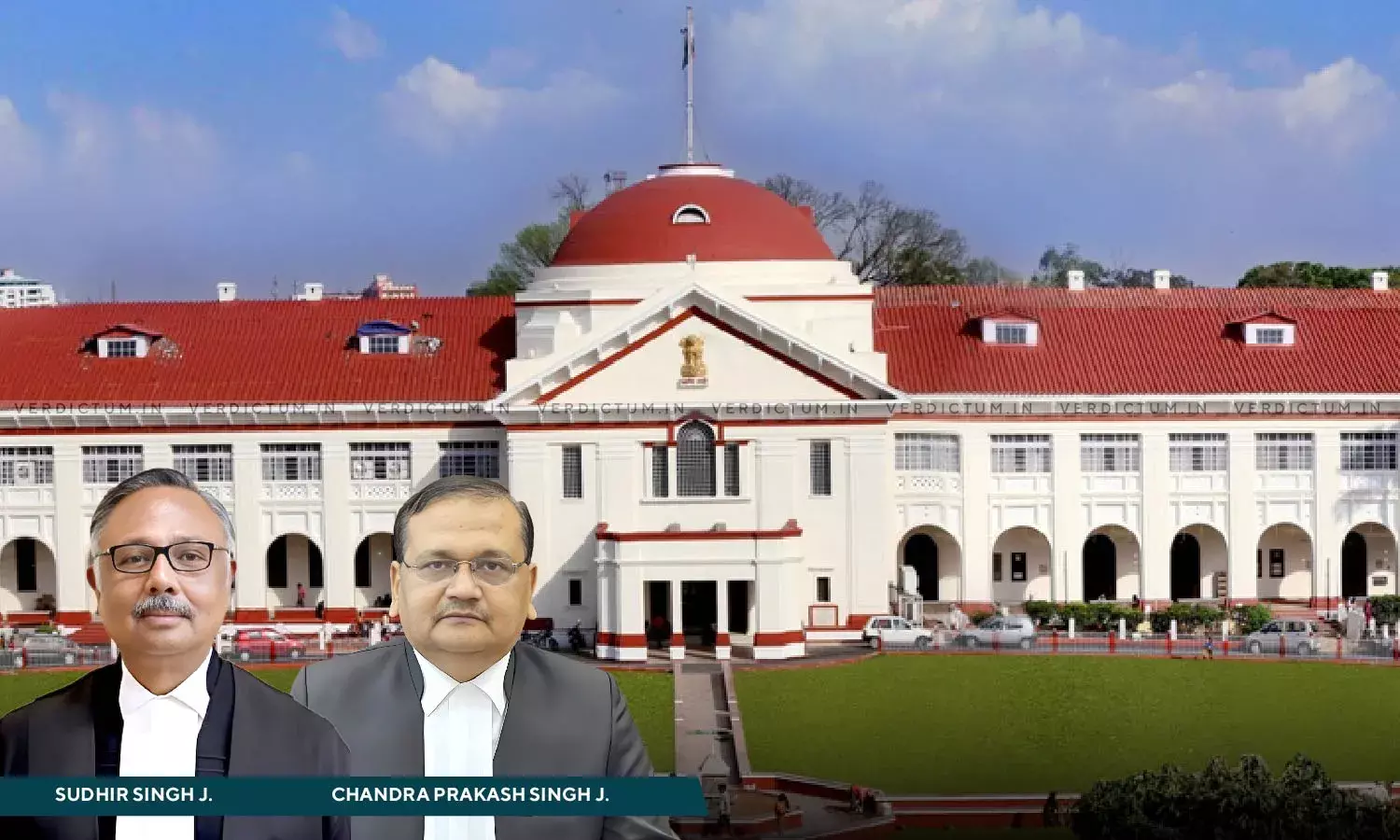Examination Of Accused U/s. 313 CrPC Should Not Be Held In A Perfunctory Manner: Patna High Court Sets Aside 27-Year-Old Conviction
The Patna High Court has emphasized the importance of a fair and detailed examination of the accused under Section 313 of the Cr. P.C and noted that the non-examination of the Investigating Officer could prejudice the defense, leading to the overturning of the conviction in this case. The case involved a dispute over agricultural land, where the informant alleged that several accused individuals were illegally ploughing his land and threatened him with violence when he protested. An altercation ensued, resulting in injuries to the informant and others. Charges were filed against the accused, and they were convicted by the trial court.
A Division Bench of Justice Sudhir Singh and Justice Chandra Prakash Singh held, “It is trite law that the examination of accused under this section should not be held in a perfunctory manner. The accused must be afforded reasonable opportunity to explain the circumstances appearing against him. Therefore, while examining the accused, trial Court should be mindful of the object underlying this provision.”
The Court further held,“that the nonexamination of the Investigating Officer undeniably prejudiced the defence of the appellants, as the actual place of occurrence remains unverified, and the appellants have been deprived of the opportunity to challenge the credibility of the prosecution witnesses through questioning of the Investigating Officer. Therefore, in our considered opinion, the failure to examine the Investigating Officer in this case constitutes a significant flaw that has resulted in prejudice to the case.”
Advocate Amish Kumar appeared for the Appellants and Advocate Abhimanyu Sharma, Advocate Bipin Kumar appeared for the Respondents.
The defense argued that the trial court's judgment was flawed and that the examination of the accused under Section 313 of the Cr.P.C was conducted improperly, causing prejudice to the appellant. They also raised concerns about the non-examination of the Investigating Officer without any explanation. The prosecution argued that objections regarding Section 313 of the Cr.P.C should have been raised earlier and that the non-examination of the Investigating Officer did not prejudice the appellant's case.
The High Court considered two key issues:
- Whether the defective examination under Section 313 of the Cr.P.C prejudiced the accused persons in conveying the necessary information for their defense.
- Whether the non-examination of the Investigating Officer by the prosecution prejudiced the defense of the appellants.
The Court on the first issue emphasized that the examination of the accused under Section 313 of Cr.P.C should not be perfunctory and that it should provide a reasonable opportunity for the accused to explain the circumstances appearing against them. The Court cited Supreme Court judgments highlighting the significance of this provision, emphasizing that it grants accused individuals the right to establish their innocence.
The Court added, “in the light of law laid down by the Hon’ble Supreme Court and from appreciation of evidence on record, this Court has come to the conclusion that the appellants have been denied a fair opportunity to defend their case and thereby a prejudice has been caused to the appellants, that would be no doubt a serious infirmity.” Therefore, this issue was decided in favor of the appellants.
The Court on the second issue added, “It is a trite principle of law that mere nonexamination of the Investigating Officer would not entail any benefit to the accused unless it is shown that such nonexamination has caused prejudice to the case of the accused. However, in the facts of the present case, none of the prosecution witnesses have stated in their depositions that the Investigating Officer (I.O.) had inspected the place of occurrence. Remarkably, the judgment records at para-6 that the I.O. did the inspect the place of occurrence and recorded the statement of witnesses. Further, PW 5 in his deposition has stated that blood was present at the scene of incident. Thus, it becomes relevant to examine the I.O. of the case to elicit the incriminating material, which has been gathered against the appellants during investigation and the mode thereof.”
In this context, the Court cited relevant legal precedents and concluded that the failure to examine the Investigating Officer constituted a significant flaw resulting in prejudice to the case. Thus, this issue was also decided in favor of the appellants.
As a result of these findings, the Patna High Court allowed the criminal appeal and set aside the judgment of conviction and sentence passed by the trial court. The appellants, who were on bail, were discharged from their respective bail bonds.
Cause Title: Rambilash Mahto & Ors. v. The State Of Bihar
Click here to read/download Judgment




